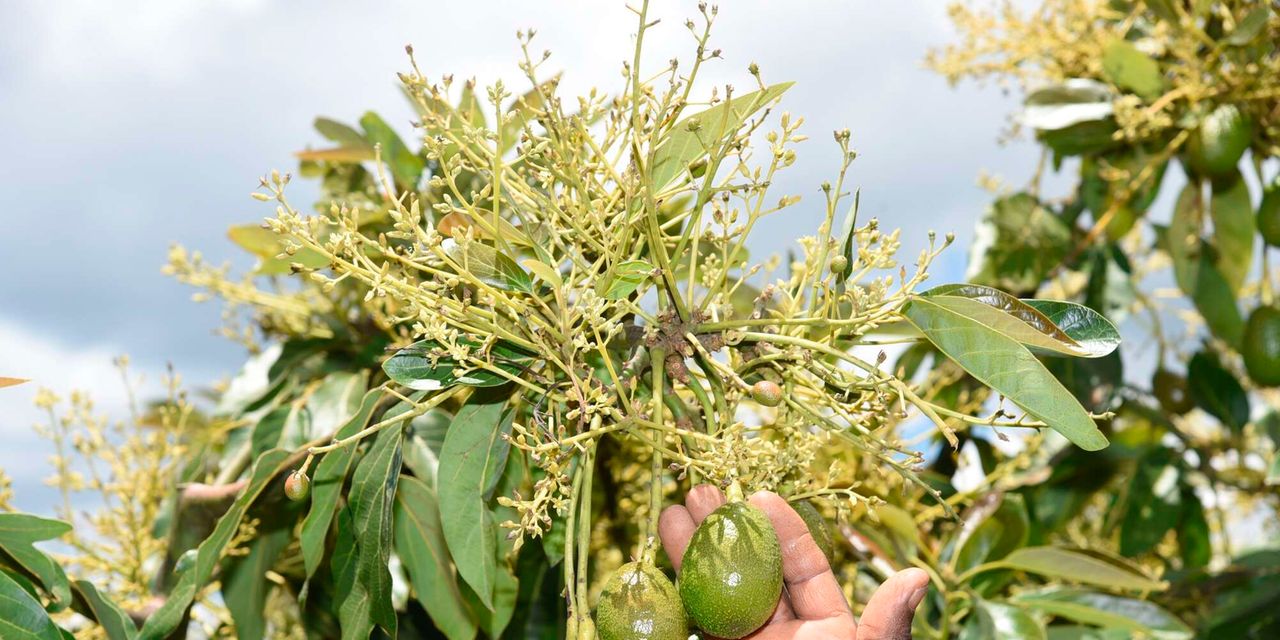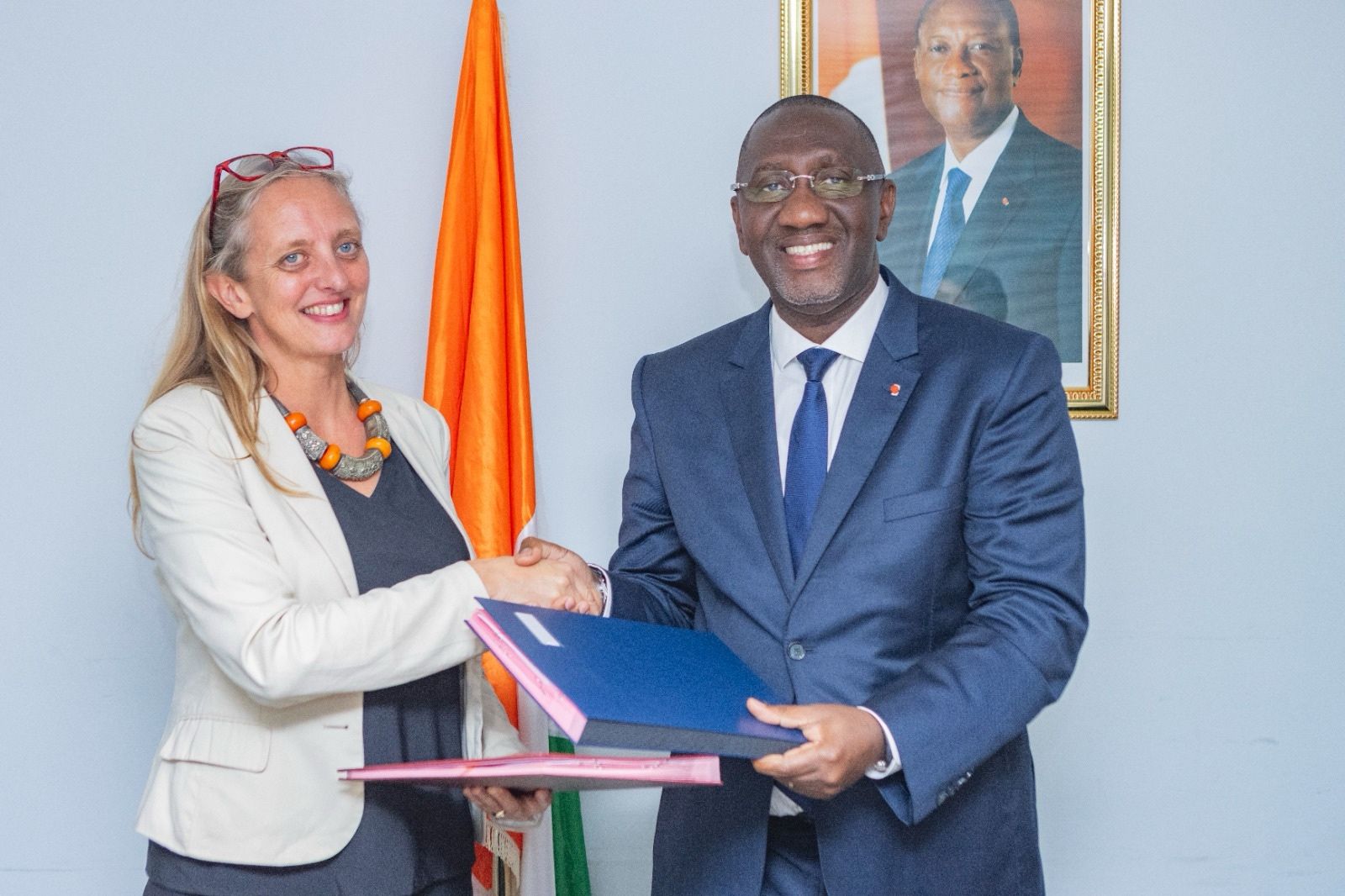Kenya targets to shift 50 per cent of fresh produce exports from air to via water by 2030. To explore the feasibility of this goal, our reporter Milliam Murigi had a sit down with Jonathan Kipruto, General Manager for Horticulture at Kakuzi Plc, a company that has successfully utilised this mode of transport for all their avocado exports Your company has been in avocado export business for quite some time now, which mode of transport do you use and why? We use sea freight exclusively because it allows us to export bulk products efficiently, something that is not achievable with airfreight. Unlike airfreight, sea freight can accommodate large volumes of goods at a significantly lower cost, making it the ideal mode of transport for our needs. Additionally, sea freight provides greater flexibility in handling oversized or heavy items, ensuring that our bulk shipments are transported safely and securely. This approach not only optimises our logistics, but also supports our commitment to delivering high-quality products to our customers worldwide. How do you ensure that the avocados remain fresh during the long sea voyage? We ensure that all our fruits are harvested at the right maturity to maintain their freshness and quality. We treat all fruits with ozonated water and food-grade fungicide before packaging to eliminate pathogens and fungi. Once packaged, we implement proper cold chain management from the farm pack house to our containers. Maintaining optimal temperatures throughout the transportation process is crucial for preventing spoilage and extending the shelf life...
Sea freight to massively cut avocado and other fresh export costs
Posted on: July 12, 2024
Posted on: July 12, 2024























